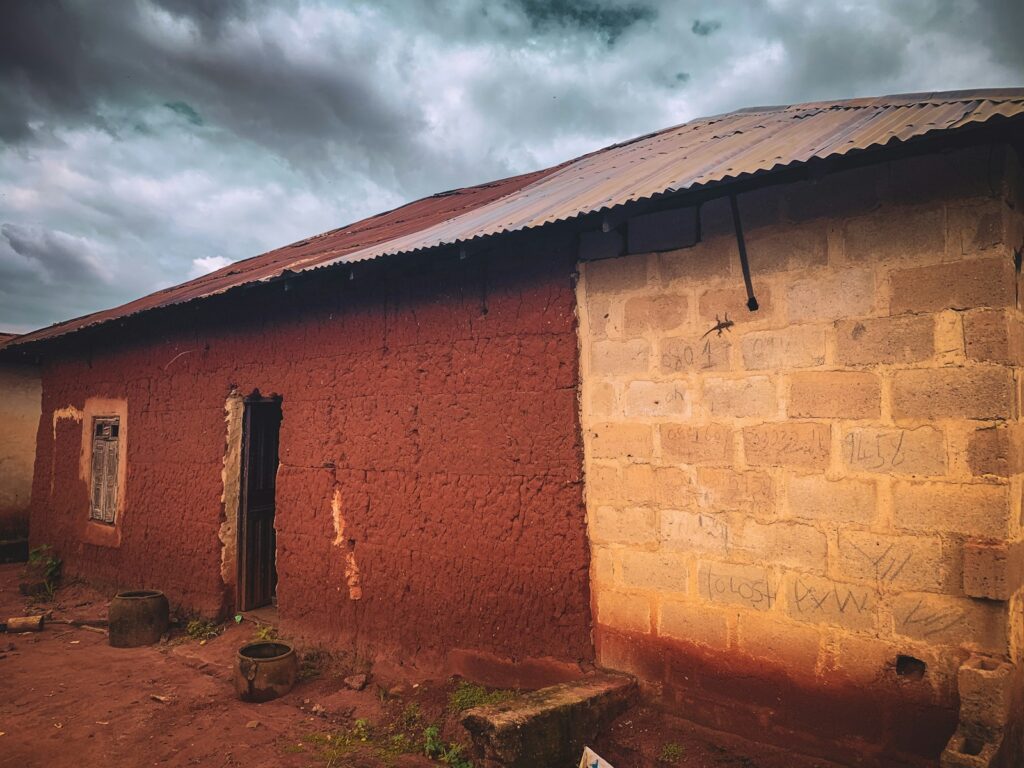
When Can a Person Be Arrested?
- Where he or she is suspected of committing an offence upon complaint.
- Where he or she is suspected of committing an offence after investigation by police.
- At or in actual commission of an offence.
Who Can Perform an Arrest?
- Police officers
- Law enforcement agencies, such as:
- Economic and Financial Crimes Commission (EFCC)
- National Drug Law Enforcement Agency (NDLEA)
- Other organs so authorized
- Private citizens (under some circumstances under authority of law)
What to Do If You Are Arrested
- Do not Resist arrest.
- Ask for the reason why you are being arrested.
- When the arresting officer is not wearing a uniform, ask for identification.
- In case you are not arrested during the commission of a crime, ask for a warrant of arrest.
- Warrantless arrest is unlawful except when authorized by law.
- Ask to what police station you are being transported.
- Upon reaching the station, immediately notify your family, friends and lawyer of your arrest and where you are by calling them.
- You have the right to be silent. Your right is constitutionally guaranteed, but you can choose to waive it.
- If giving a statement:
- You can write your own and sign.
- If written by the officer, make them read it back to you first before signing.
- Make sure your Lawyer is present while writing your statement.
If you or your loved one has been illegally arrested or detained, notify your lawyer at once.
